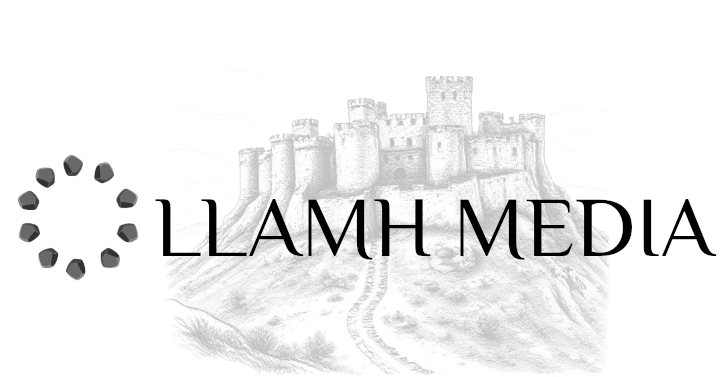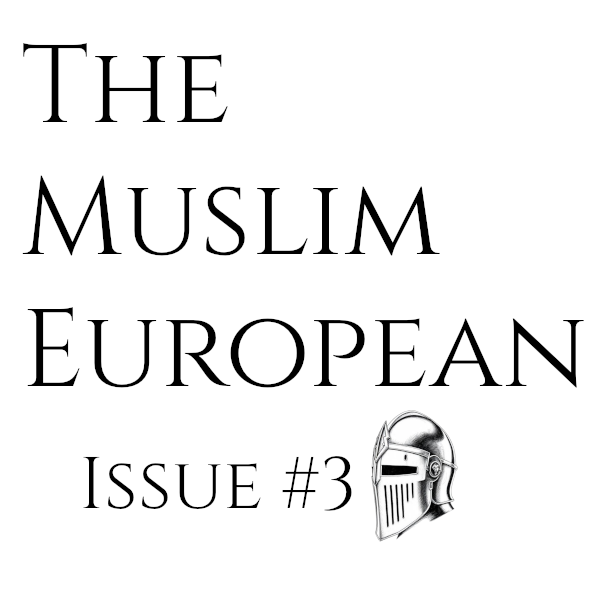To speak about the future of Islam in Europe is to first ask: what is Europe? Beyond borders and bureaucracies, Europe is a spirit — an inherited metaphysical and cultural expression that has shaped its peoples for millennia. Understanding this spirit is essential for anyone — especially Muslims — seeking to build something lasting here.
In this post, we explore the deeper alignment between Islam and Europe’s native soul, making the case that Muslims in Europe are not strangers. We are inheritors.
A Shared Ancestral Drive
Thousands of years ago, waves of migration swept westward from the Pontic-Caspian Steppe — what is today southern Russia and Ukraine. These were the Indo-Europeans, a constellation of pastoral, semi-nomadic tribes whose languages and mythologies seeded everything from Vedic Sanskrit and Greek to Latin and Old Norse.
But their contribution was more than linguistic. These early Europeans shared a spiritual fingerprint:
- A reverence for the cosmos and natural order
- An ideal of the heroic, sacrificial individual
- A sacred division of society into priests, warriors, and workers
- A longing for meaning through myth, ritual, and metaphysics
From Homeric epics to Druidic rites, we see echoes of this heritage across Europe. Europe, therefore, is not simply a geopolitical zone — it is a mode of being. And that mode, we argue, finds completion in Islam, not contradiction.
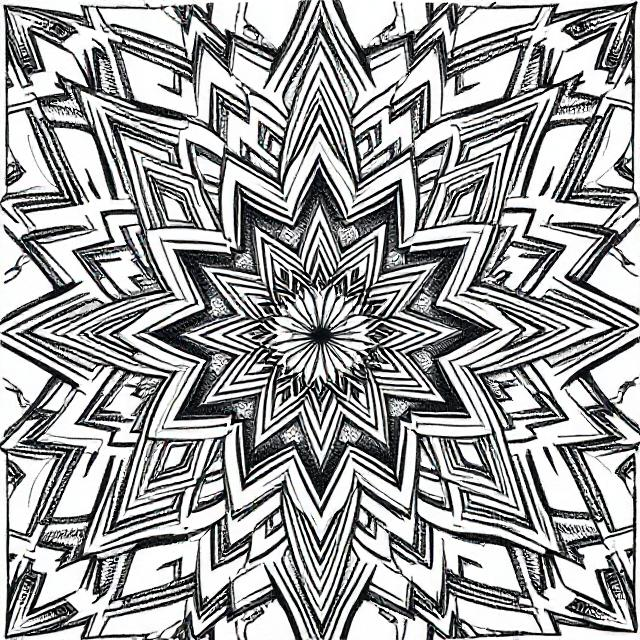
Beowulf, the Cowboy, and the Prophet ﷺ
European myth often elevates the lone hero — Beowulf, the knight-errant, the gunslinger. These figures embody courage, self-reliance, and destiny. But this archetype isn’t limited to Europe.
Consider the Prophet Muhammad ﷺ.
An orphan, a trader, and a seeker, the Prophet retreats into the cave of Hira in solitude — only to emerge with revelation that transforms the world. Islam honors both independence and submission, merging action with contemplation — what the West might call Vita Activa and Vita Contemplativa.
Islam, in this light, does not erase Europe’s mythic ideal — it sanctifies it.
The Tripartite Order: Priests, Warriors, and Producers
Traditional Indo-European societies divided themselves into three classes:
- Priests (e.g., Brahmins, Druids)
- Warriors (e.g., Kshatriyas, Roman equites)
- Producers (e.g., Vaishyas, plebeians, artisans)
Islam reflects this structure with uncanny resonance:
The ‘ulama as scholars and judges, the mujahideen as defenders of faith and dignity, and the working classes who sustain the community.
Rather than demolish hierarchy, Islam spiritualizes it, rooting each role in divine purpose and ethical responsibility.
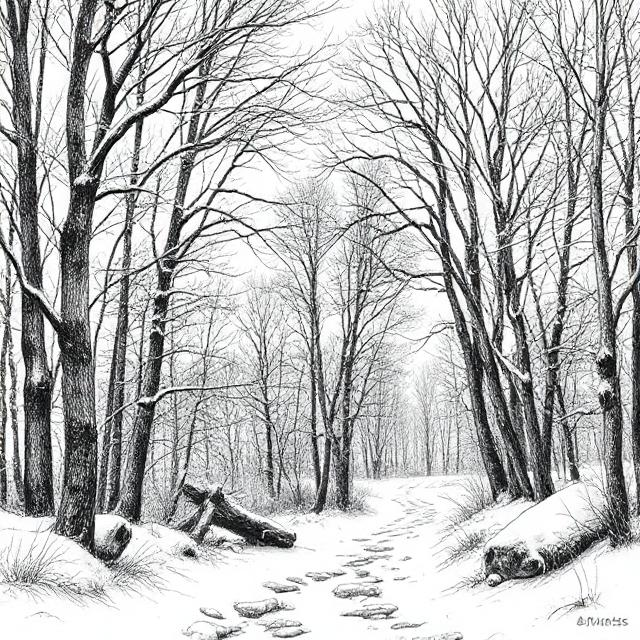
Nature as Revelation
The Indo-Europeans revered the natural world: sacred trees, holy rivers, seasonal cycles. They sought the divine in oak groves, under the stars, and within the elements.
Though they drifted from monotheism over time, the instinct was pure — nature was seen as sacred.
Islam echoes this, restoring its original intent:
“And We sent down blessed rain from the sky and made grow thereby gardens and grain from the harvest.”
— Surah Qāf (50:9)
In Islam, nature is not divine, but it is a sign of the Divine. Just as the Norse gathered around Yggdrasil and the Celts celebrated Samhain, Muslims too walk with reverence under the sky — guided by signs, not superstition.
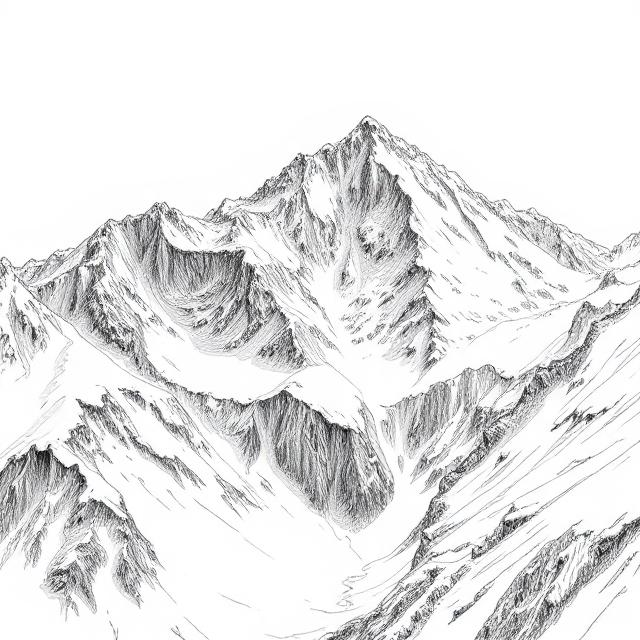
Islam: The Fulfilment of the European Soul
Christianity was Europe’s first great encounter with monotheism. But it did not mark the end of the journey. According to Islam, it was a chapter — not the conclusion.
“Say, We believe in Allah and what has been revealed to us and what was revealed to Abraham, Ishmael, Isaac, Jacob, and the Tribes…”
— Surah Al-Baqarah (2:136)
Islam recognizes the prophets of Judaism and Christianity as part of one unbroken line of guidance. It confirms, rather than replaces, the sacred. In that sense, Islam is not foreign to Europe — it is Europe’s own completion.
From Myth to Meaning: A New Muslim European Identity
Europe today faces a crisis of meaning.
Christianity has waned in influence. Secularism has proven hollow. Neo-pagan revivals, though culturally rich, lack spiritual clarity.
Into this vacuum enters Islam — a path that is revelatory, structured, and resonant with the Indo-European soul. It does not demand cultural erasure. It demands continuity, refined by divine light.
Being Muslim and European is not a contradiction — it is the fulfillment of Europe’s longing for transcendence.
Islam as the New Language of the Indo-European Spirit
The Indo-European archetype still breathes in the bones of Europe. But it needs a new direction.
A way that elevates the warrior’s courage with divine ethics. An understanding that replaces fatalism with prophecy. A state of being that binds the sacred and the social — not in myth, but in revelation.
This is Islam.
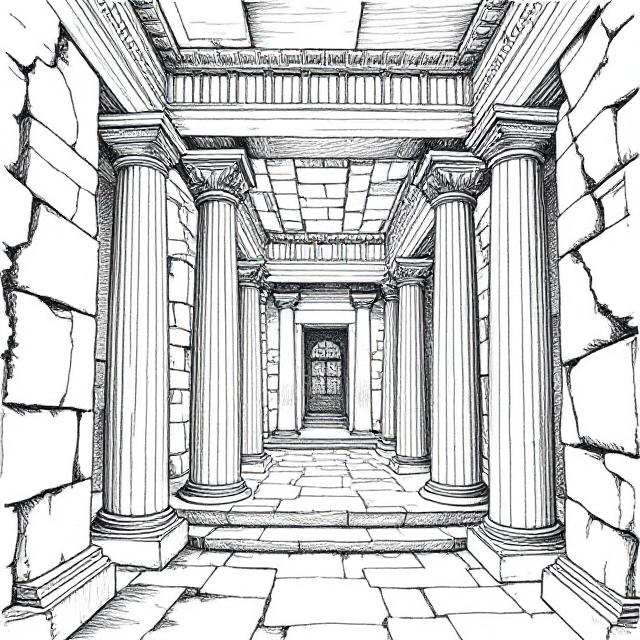
Final Thought: We Are Inheritors
We, the Muslim Europeans, are not traitors to the soil — we are its sons, returned.
Not deserters of heritage, but inheritors of a deeper one.
The journey that began on the steppe, passed through Athens and Rome, and touched Jerusalem, now finds its fulfillment — not in nationalism or nostalgia, but in submission to the One God.
Islam in Europe is not an accident. It is destiny.
